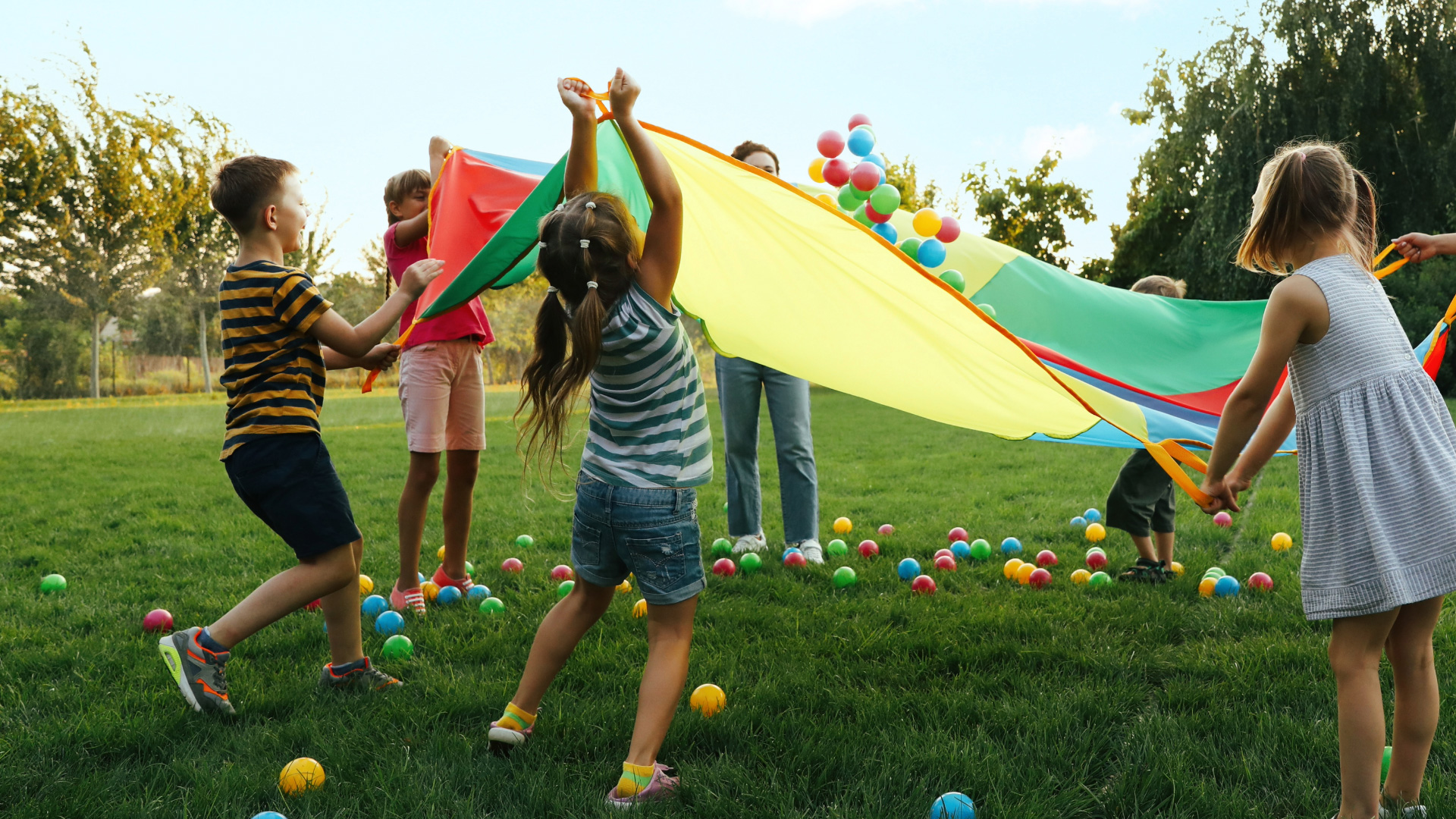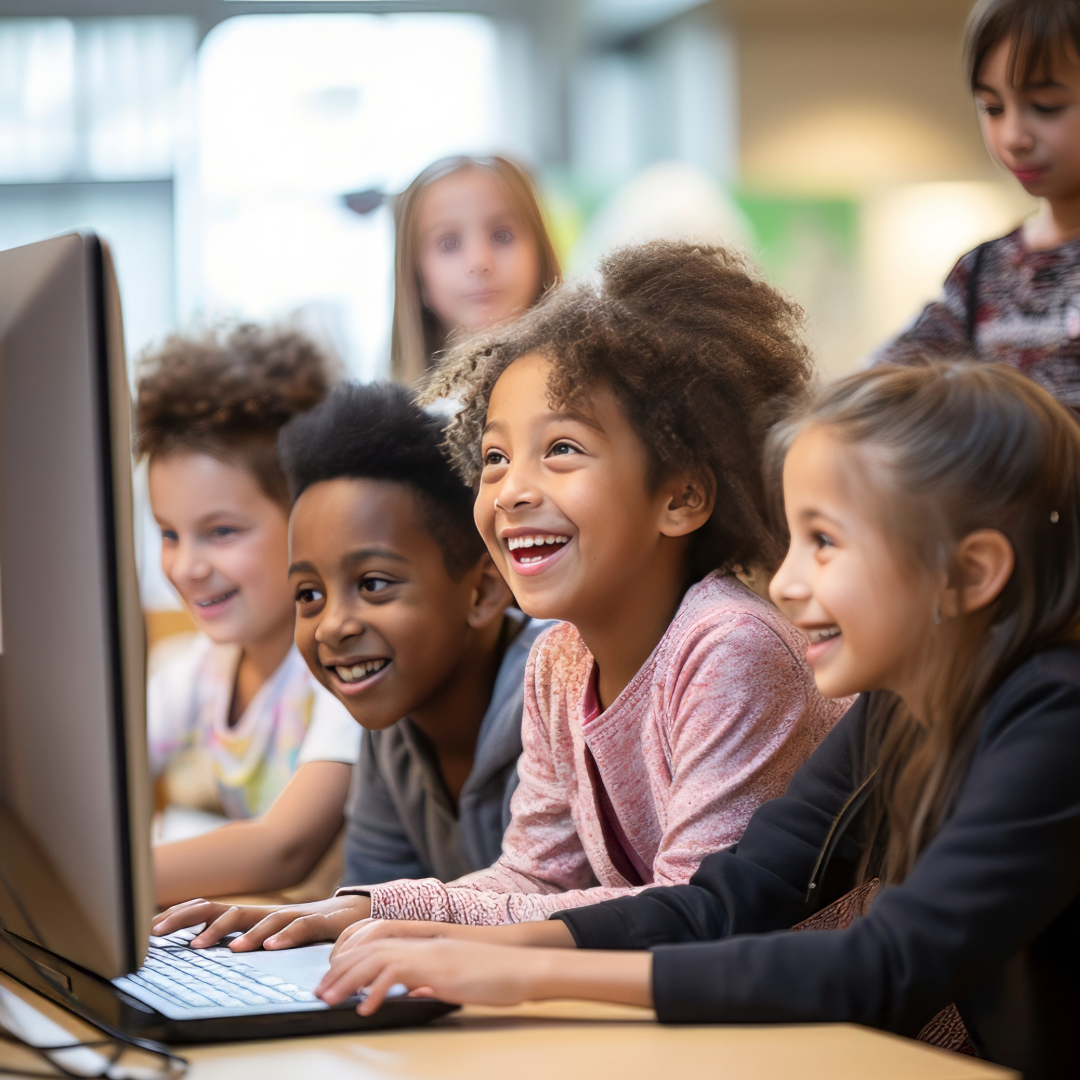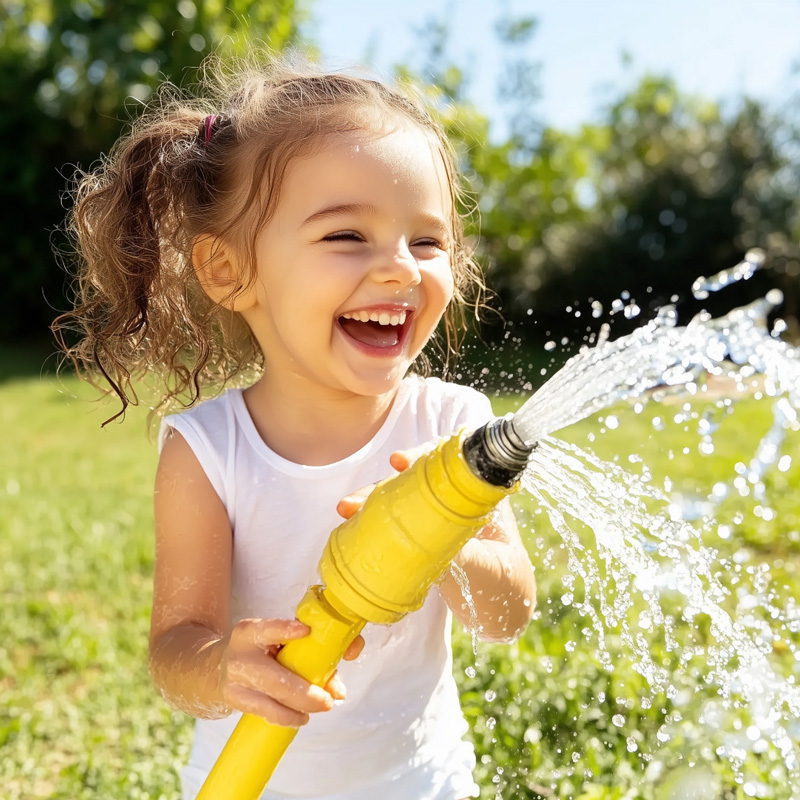By: Jennifer Stein
We often think of play as simply something fun and entertaining, but it is far more than that. Play is an extremely powerful force on child development – helping children learn important life skills such as problem-solving, negotiation and communication, creative and critical thinking, empathy, and emotional regulation. Let’s explore some of these ways that play can help build the foundation for these essential life skills.
Problem-Solving
Play offers a safe environment for children to experiment with different solutions to problems. Through trial and error or collaborating with peers, children learn to find creative solutions and tackle problems through play. For example, building a tower allows children to put their basic understanding of physics and gravity into practice.
What determines if a block tower will stand or fall over?
Negotiation and Communication
When playing in a group, children will engage in cooperative activities that give them opportunities to refine their communication and negotiation skills, and practice taking turns, sharing, helping others, and following ‘Game Rules’. They learn how to build relationships and maintain friendships through these interactions.
Your local playground is the perfect place to encourage this type of social play!
Creativity and Critical Thinking
Creativity is a broad concept that includes imagination and involves how fast and broadly one thinks of innovative ideas that would also be of interest to other people. As a skill, it’s often developed through play. When children play, they stretch their imaginations and visualize a world without its physical limits. They create their own worlds with their own set of rules, which allows them to explore new ideas, possibilities, and solutions.
Creativity and critical thinking have been recognized as essential skills in the 21st century (National Education Association, 2012).
Empathy
When playing together, children develop empathy by understanding another’s perspective and feelings. By role-playing different scenarios and perspectives during their imaginative playtime activities, children learn how their actions affect others around them and gain insight into those resulting emotions and experiences. This equips them to better communicate and relate to those around them.
If your child is struggling with empathy, try regularly discussing their own emotions with them. For example, “Are you feeling scared of that dog? The dog’s loud barking can be scary.”
Emotional Regulation
Play is an effective tool for teaching emotional regulation because it allows children to express their feelings in a healthy way without fear of judgment from others. Through interacting with peers and adults during playtime they learn how different emotions impact their interactions with others as well as how to best manage those emotions in stressful situations. They also gain confidence in expressing themselves emotionally when faced with challenging situations later in life.
Learn more about how play can help with emotional regulation here.
Conclusion
In short, play is an invaluable tool for building essential life skills. Parents and educators should take advantage of this opportunity by incorporating purposeful play into a child’s learning environment so that they can develop the skills they need later on in life when faced with difficult challenges that require patience and creativity in order to succeed.
Want to learn more about play and how it supports childhood development? Visit our Learning Library today to read studies and scholarly articles that support the importance of free, creative, and imaginative play!






